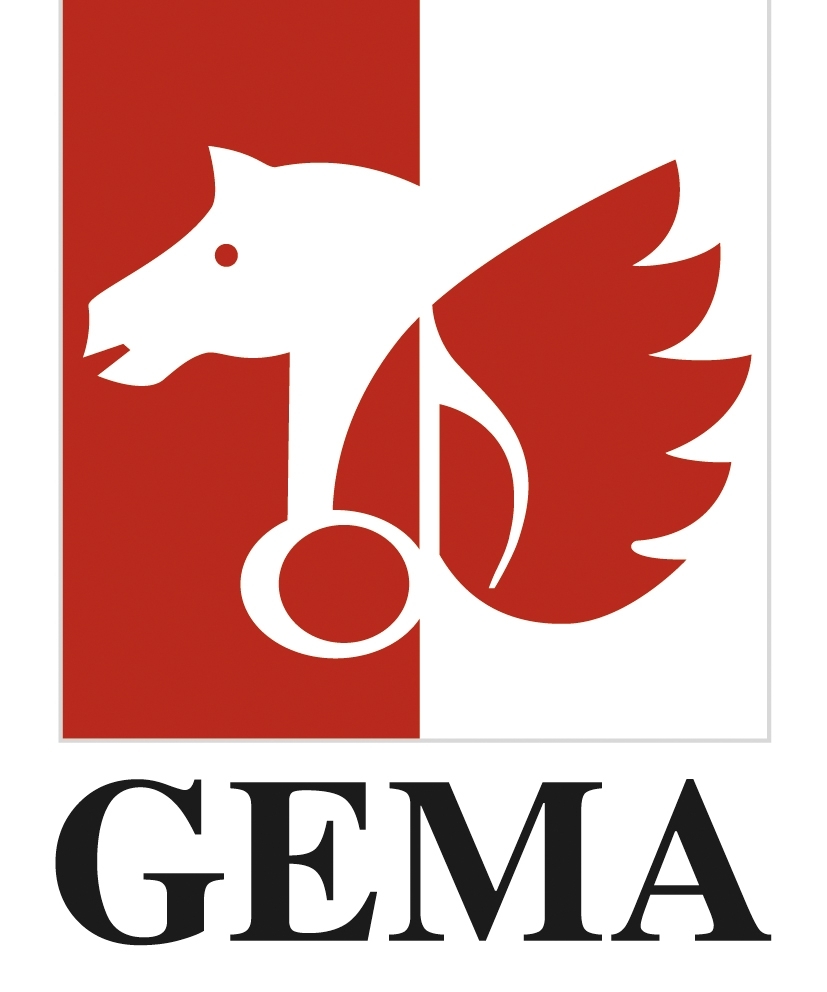EU Digital Single Market Strategy
GESAC press release
GESAC welcomes the Commission’s intention to re-balance “value transfer” from online intermediaries within the forthcoming legislative initiative on copyright
Brussels, 6 May. The Commission today adopted its Communication on the Digital Single Market Strategy for Europe. GESAC, which gathers 34 authors’ societies from across Europe and represents as such more than one million authors and rights holders, welcomes the intention of the Commission to clarify the conditions for the use of copyright protected works by online intermediaries within the forthcoming legislative initiative on copyright. As noted in the Communication, this is particularly important considering their growing involvement in content distribution and the need to safeguard fair remuneration of creators in order to encourage future generation of content.
Today creators receive no or only very low remuneration from the biggest usage of their works on Internet, since the biggest and most popular online platforms/services deny that they undertake copyright relevant acts and then hide themselves behind “safe-harbours” to avoid appropriate remuneration and consent of creators under copyright law. This situation severely penalises authors and rights holders and thus risks the future and sustainability of the entire creative ecosystem that is one of the main contributors to the overall EU economy. It also discourages legitimate online businesses that are providing same or similar services by clearing relevant rights and trying to be a part of a strong European digital market.
Véronique Desbrosses, GESAC’s General Manager, says: “Authors are at the heart of the value chain of the cultural and creative industry, which is providing 7.1 millions jobs, and could provide even more with appropriate policies in place. On the other hand, the online services dressing themselves as mere intermediaries do not play fairly and not remunerate the creation as they should do. This has to be fixed in the EU copyright law as an urgent matter”.






